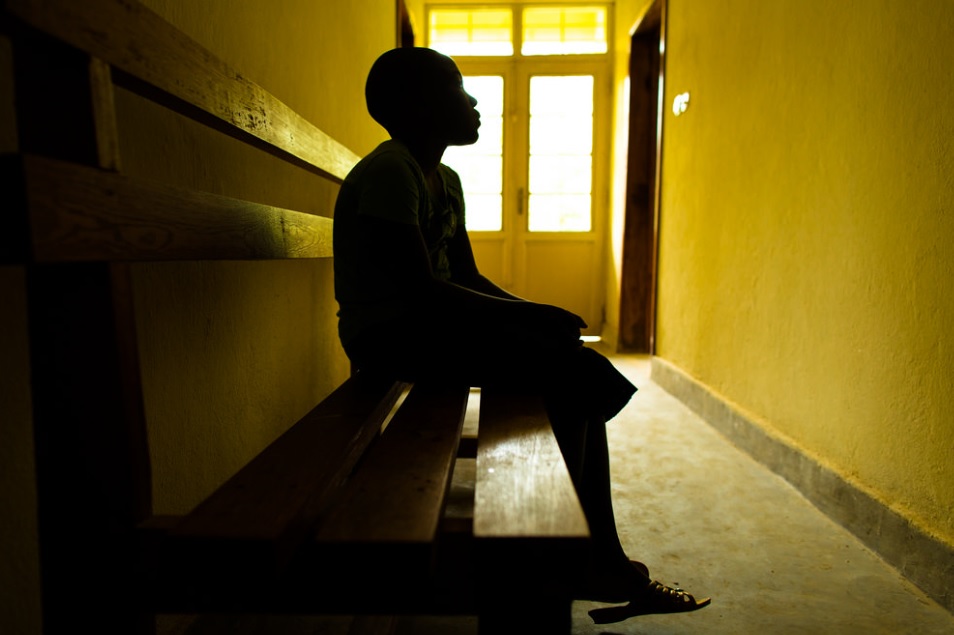Steve Letsike Calls for Urgent Action to Combat Gender-Based Violence in SA
Letsike emphasized the importance of translating scientific data into actionable insights for communities.

- Country:
- South Africa
Deputy Minister of Women, Youth, and Persons with Disabilities, Steve Letsike, has emphasized the critical need to address gender power imbalances that perpetuate violence against women. She called for a united front in eradicating gender-based violence (GBV) and fostering equality in South Africa.
Speaking at the release of the first South African National Gender-Based Violence Prevalence Study, conducted by the Human Sciences Research Council (HSRC), Letsike highlighted alarming findings:
Approximately 7.31 million women aged 18 and older have experienced physical violence in their lifetime.
The study underscores the systemic nature of GBV and its deep roots in societal norms and unequal power dynamics between men and women.
“There is no competition between men and women,” Letsike said. “But men must understand they have no right over women’s bodies. Violating another person, especially women, is criminal in our country.”
Integrated Responses to GBV
Deputy Minister Letsike outlined a multi-faceted approach to tackling GBV, focusing on integration with broader social policies:
Monitoring and Accountability Mechanisms: Strengthening systems to ensure perpetrators are held accountable and survivors receive adequate support.
Linking GBV to Broader Social Issues: Addressing correlations between GBV, economic inequality, gaps in education, and HIV prevalence.
“Economic disparities and lack of education remain key drivers of violations against women,” Letsike noted.
Community Ownership of Data:
Letsike emphasized the importance of translating scientific data into actionable insights for communities.
“We need to make sure science is for the people and leaves no one behind,” she added. Turning Data into ActionThe Deputy Minister called the study a "lifeline for South Africa," urging stakeholders to turn statistics into impactful interventions:
Awareness and Prevention: Moving beyond awareness campaigns to focus on preventive measures.
Survivor-Centered Support: Ensuring survivors have access to resources and services tailored to their needs.
Resource Allocation: Matching the scale of the GBV crisis with adequate funding and programs.
“This data is not just numbers. It’s a call to action. We must foster prevention, support survivors, and hold perpetrators accountable,” Letsike said. Appeal to South AfricansLetsike urged all citizens to take responsibility by reporting violence and actively challenging societal norms that perpetuate inequality and abuse.
“We have a big task. We cannot fail the women of this country, not 30 years into our democracy. We must do better,” she concluded.
The report’s findings serve as a wake-up call for South Africa, emphasizing the urgent need for collective action to ensure the safety and dignity of all women.










